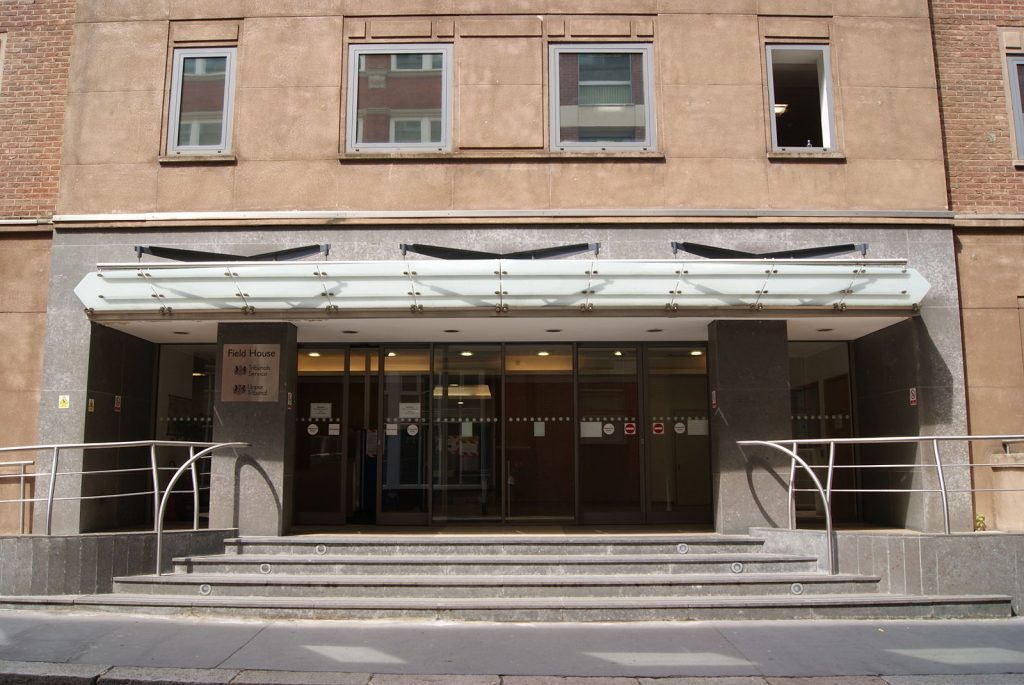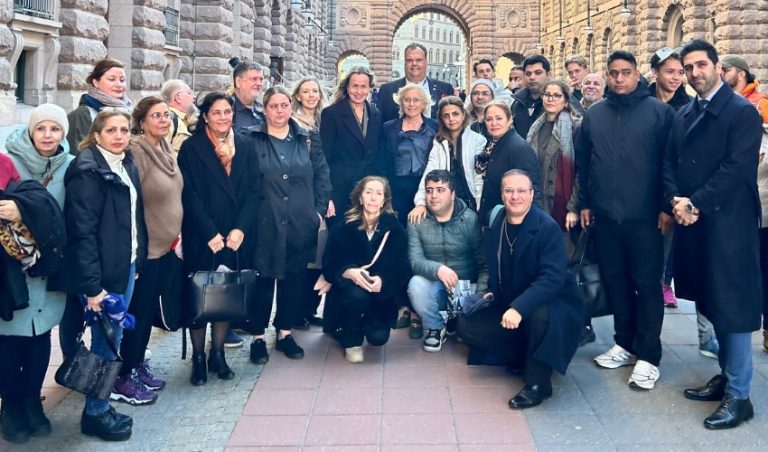
The question of how much weight should be given to the testimony of church members and leaders in assessing the credibility of asylum-seekers’ claims to have converted to Christianity has become pivotal in UK courts.
Guidance on this issue is included in the latest policy advice to the Home Office on how to assess the claims of Iranians who say they would be at risk if they were deported because they have become Christians.
The risk genuine converts – including ordinary church members, as well as leaders – would face upon return to Iran was accepted in previous guidance to the Home Office published in March 2020.
The primary question for judges to consider now, therefore, according to the new guidance, is “whether the claimant has demonstrated [to the required standard of proof] that he or she is a Christian”.
And this is where the testimony of church leaders, and ordinary members, come into play.
In the new guidance, published in September, three cases are offered as examples, two of which involve claimants from a single church in Scotland, The Tron Church in Glasgow.
These two cases also both include the testimony of one man, a retired solicitor and former missionary named John Taylor, who spoke to Article18 about his 13 years ministering to Iranians, Afghans and Iraqi Kurds at The Tron Church.
Mr Taylor says he has been personally involved in hundreds of asylum cases in those years, and that “a lot more people have been getting through their interview with the Home Office” since the 2018 judgment referred to in the new guidance, which brought together the cases of two Iranians identified only as “TF” and “MA”.
In both cases, the asylum-seekers’ initial claims were rejected because judges did not believe they were genuine converts.
But these judgments were overturned in the August 2018 ruling by Lord Glennie, who concluded that the judges had “failed properly to take account of the independent evidence relating to the genuineness of the appellants’ conversions to Christianity” – the evidence of Mr Taylor and other church members.
Lord Glennie ruled that church members’ testimony should be considered as “admissible opinion evidence which is entitled to respect” and should be “assessed on its merits”, while acknowledging that “it remains for the court or tribunal to make the final decision, and nothing in the expert evidence can take that away from the court or tribunal”.
Lord Glennie added that the church members’ testimonies could be considered as “expert evidence” because it was “based not only on their personal knowledge of those two individuals but also upon their knowledge of what is involved and their experience of others in the same position setting off down the same path”.
However, this opinion was challenged in the second ruling mentioned in the guidance, involving another convert, “MH”, whose case was again initially dismissed because the judge did not believe in the genuineness of the conversion claim.
While the Upper Tribunal judge in this case, Mark Blundell, again criticised the First-tier Tribunal judge in the way he had dismissed the testimony of church members, and called for the case to be heard again, he added that describing such evidence as “expert” “risks elevating the significance of the evidence unduly”.
Reacting to this, Mr Taylor told Article18: “I can understand where that’s coming from, in a sense.
“It was very encouraging for us to have that decision by Lord Glennie. But in one sense we never considered ourselves experts. But in the other sense, what I’ve always been trying to argue with the immigration tribunals and with the Home Office, and all the letters that we’ve written, is that we’re not fools.
“Whenever a church baptises a member on their profession of faith, we are making an informed decision based on the evidence we see. It’s not only in the words; it’s what they’ve done, courses they’ve done like Christianity Explored, and also their continuous and active involvement in meetings…
“We’re not just rubber-stamping what an asylum-seeker has said to us.”
Mr Taylor added that he had endured “some pretty hard times in the past with immigration tribunals and Home Office ministers, where they have really been very rude and demeaning to Church and church witnesses”, suggesting “Christians were being duped by liars who were telling a tale that suited these gullible Christians’ understanding”.
At the same time, Mr Taylor acknowledged the challenge facing judges attempting to ascertain the genuineness of a person’s faith.
“How can you ever really be sure?” he says. “As I keep saying [in the courts], you can’t see into a person’s heart.”
Mr Taylor also says he has “no doubt I’ve been lied to by several people over the last 13 years”.
But he stresses that his Glasgow church takes its responsibilities very seriously, and would not baptise anyone unless they genuinely believed their profession of faith.
“I know the systems we put in place,” he says, “and I know that if someone comes in and asks for a letter of support, I will say to them, ‘Come back and see me in six months’ time after you have been involved in church.’”
Mr Taylor also raises the challenge of attempting to “describe the witness of the Holy Spirit” to officials with “no understanding at all of the biblical teaching on conversion”.
“Sometimes I can meet with a person and I know within weeks through the witness of the Spirit in me that what they say rings true. Or I can be with somebody else for two or three years, who’s coming to church regularly, and I just say to them, ‘You’re a chancer! There’s not the witness there!’ But trying to describe that in court and you’re on a hiding to nothing!”
Meanwhile, Mr Taylor accepts that his church “undoubtedly” faces a problem of “dropouts”: people leaving the church once their asylum claims are accepted.
But he stresses that the problem is not limited to converts, and puts much of it down to lives becoming busy with work and family, with many recognised refugees going on to work in the service and hospitality industries, which don’t leave a lot of free time.
He adds: “We have a lot of students in our church who make professions when they are at college. Yet, when they get out of university and into the workforce and have their families, there is a large proportion who do not go on [coming to church]. So the dropout is not limited to our Iranian friends.”



0 Comments
Trackbacks/Pingbacks